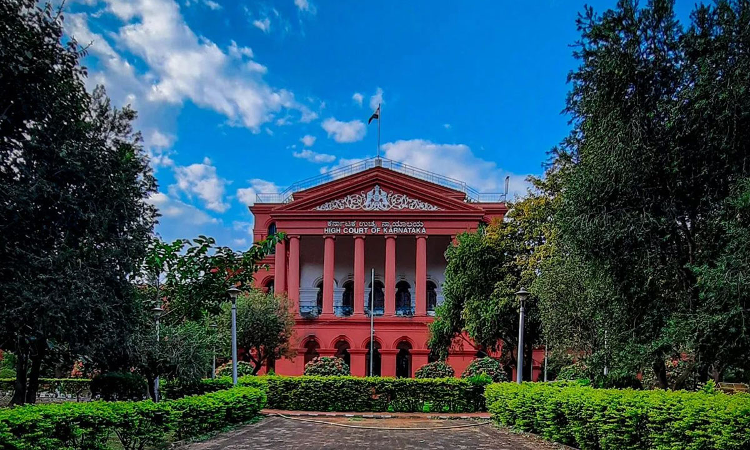Sales-Tax Exemption Certificate Has Overriding Effect Over VAT Notification: Karnataka High Court
Mariya Paliwala
30 Jun 2023 2:30 PM IST

Next Story
30 Jun 2023 2:30 PM IST
The Karnataka High Court has held that the sales tax exemption certificate is valid for 7 years and could not have been rescinded before the period of eligibility expired as it is a sovereign assurance.The bench of Justices P.S. Dinesh Kumar and C.M. Poonacha has observed that the State Government discontinued sales tax-based incentives. However, the incentives already offered and committed...
